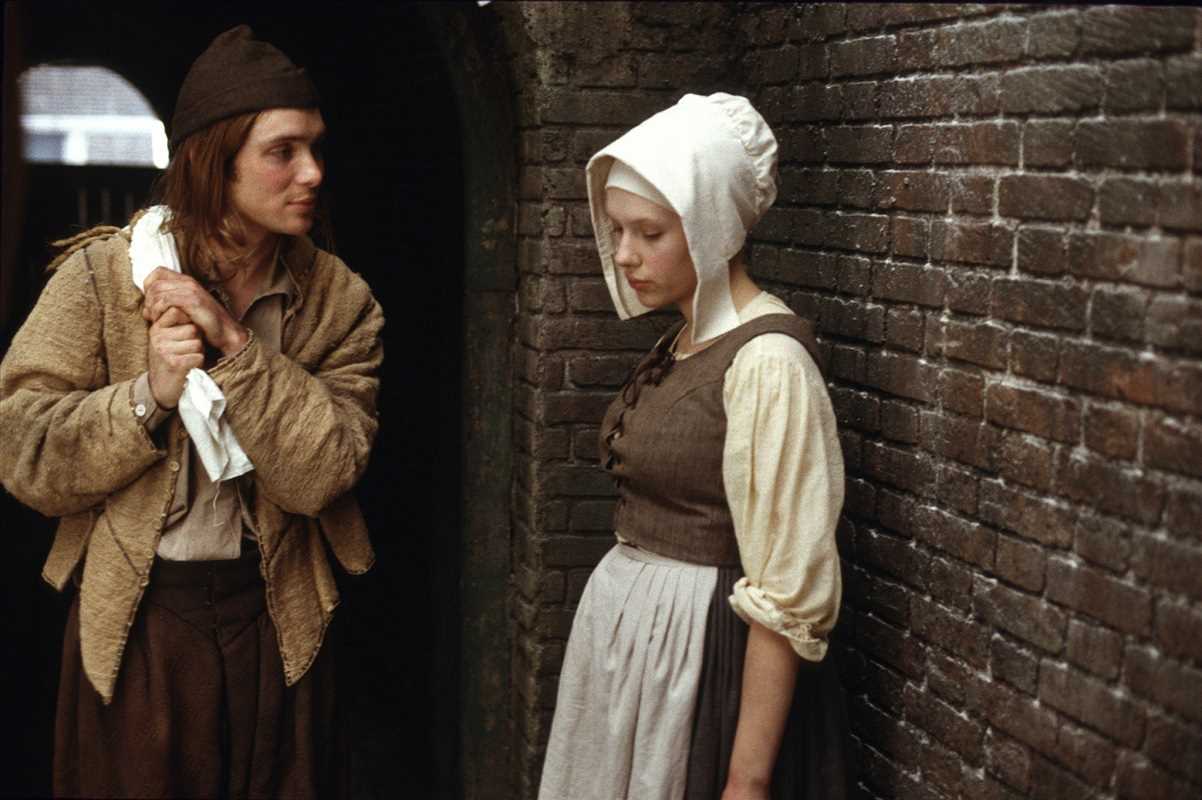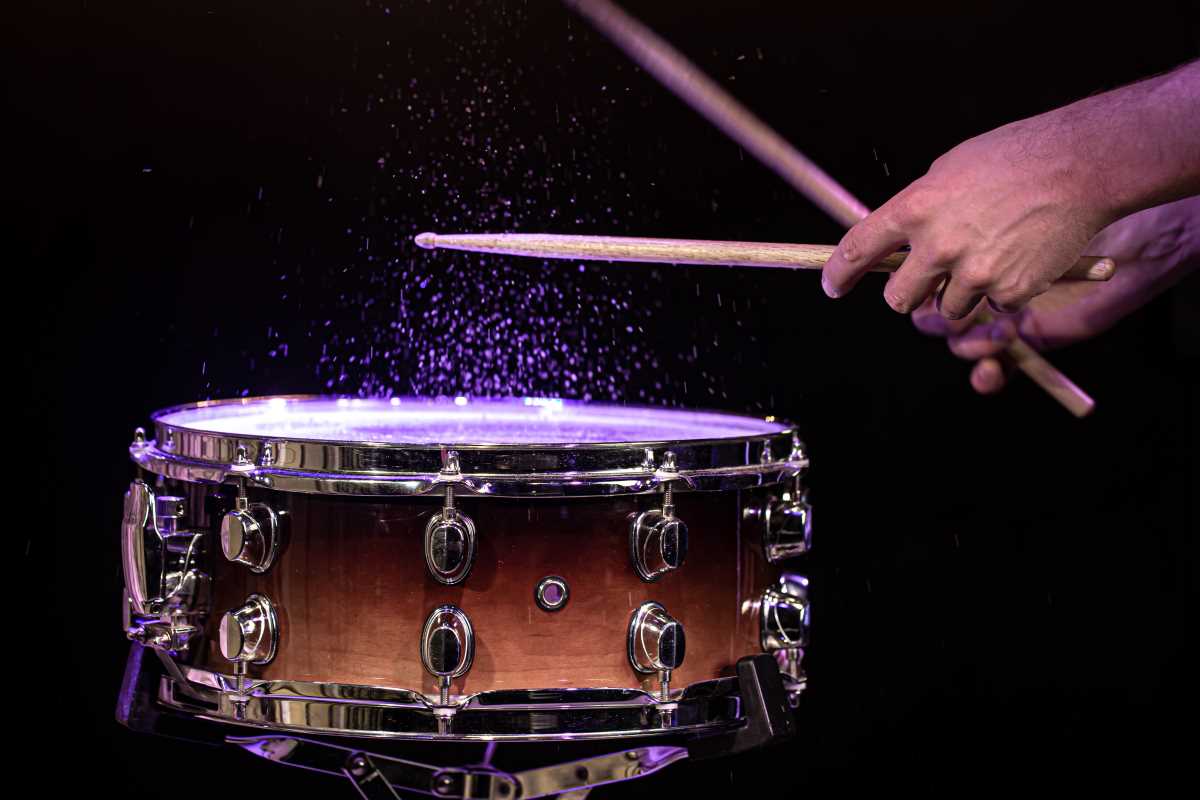When you hear the word “opera,” what comes to mind? Do you picture fancy ballgowns, high society, and long, drawn-out singing that’s impossible to understand without subtitles? If that sounds like you, you're not alone! Opera often gets a bad rap as being stuffy, old-fashioned, or even boring. But here’s the thing: opera is not as intimidating as it seems, and it’s so much more than just high notes and powdered wigs.
When approached with an open mind and a few insider tricks, a night at the opera can be one of the most captivating, moving, and downright magical experiences you’ll ever have. It’s drama, music, and storytelling at its grandest scale. And the best part? You don’t need to know a single aria or own a tuxedo to enjoy it!
Here’s how to immerse yourself in the world of opera, from choosing your first performance to skipping the yawns altogether.
1. Understand What Opera Really Is
At its core, opera is all about telling a story. Think of it as an epic mashup of theater, music, and larger-than-life emotion. Instead of dialogue, the characters sing about their loves, losses, victories, and betrayals. The music amplifies these emotions, tugging at your heartstrings in a way words never could.
Why It’s Special:
- Music That Hits Hard: Operatic singers are trained to project their voices over an orchestra without microphones, filling entire theaters with raw emotion.
- Spectacle: The sets, costumes, and lighting are often breathtaking in their grandeur.
- Universal Themes: Even if the story is set in a far-off time and place, the struggles the characters face (love, jealousy, revenge, redemption) are timeless.
It’s like watching a movie blockbuster—but live, with the power of world-class singers and musicians bringing it to life right before your eyes.
2. Pick the Right Opera for You
If you’re new to opera, it’s important to choose the right one for your first experience. Some operas are lighthearted comedies that will leave you laughing, while others are sweeping dramas guaranteed to hit you in the feels. Going in with a sense of what you’ll enjoy can make all the difference.
Starter Operas to Consider:
- For Comedy Lovers: The Barber of Seville by Rossini. This opera is hilarious, fast-paced, and full of catchy tunes (you might recognize some!).
- For Drama Fans: Carmen by Bizet. Sexy, intense, and packed with fiery Spanish passion, this one’s a crowd-pleaser.
- For the Romantics: La Bohème by Puccini. It’s the inspiration for the musical Rent and the ultimate tearjerker love story.
Once you’ve picked an opera, take 15-20 minutes to read a quick synopsis of the plot beforehand. This will help you follow the story without feeling lost—even if the characters are singing in Italian, German, or French.
3. Don’t Be Intimidated by the Dress Code
A lot of first-timers assume they need to dress to the nines to attend an opera. While you’ll definitely see some people in evening gowns and tuxedos (especially at prestigious opera houses), this is by no means a requirement.
What to Wear:
- Smart Casual is Fine: A nice dress, slacks and a button-down, or even fashionable jeans with a blazer will ensure you fit in just fine.
- Comfort is Key: You’ll be sitting for a few hours, so pick something you feel good in.
- Ask About Theme Nights: Some venues host themed performances or “casual opera” nights where formal attire isn’t expected.
Ultimately, the most important thing is to feel relaxed and enjoy the experience.
4. Brush Up on the Basics Without Feeling Overwhelmed
You don’t need to be an opera expert to enjoy a performance, but knowing a little about what to expect can enhance your appreciation.
Opera Basics:
- Subtitles are Your Friend: Most modern opera houses use “supertitles” (projected translations) above the stage, so you can follow along even if the opera isn’t in English.
- The Sections: Operas are usually divided into acts, with intermissions in between. This gives you time to grab a drink, stretch, and discuss what’s happening with your fellow attendees.
- The Music Speaks Volumes: Even if you miss a line or two, listen closely to the score. The orchestra behind the singers helps tell the story.
Tip? Look up one or two famous arias from the opera beforehand. Recognizing a melody during the performance can be a thrilling “aha!” moment.
5. Snacks, Drinks, and Breaks (Yes, You Can Take One!)
Long operas can feel daunting, but they’re built with intermissions to give you a breather. During these breaks, you can explore the stunning architecture of the opera house, grab a glass of champagne or dessert, and chat about what you just watched.
Intermission Tips:
- Pre-Order Snacks: Many opera houses let you reserve drinks or snacks before the show, so you avoid long lines.
- Go for a Stroll: Take a walk around the lobby or outside to get some fresh air and reset your focus.
- Don’t Be Afraid to Ask Questions: If you’re confused about the plot, this is a great time to ask an usher or a fellow guest for clarification.
Intermissions are part of the experience, so don’t worry if you’re not glued to your seat the whole time.
6. Get Emotionally Invested
Opera isn’t meant to be a passive experience. The exaggerated drama and emotion are designed to sweep you off your feet, so lean into the spectacle.
Pro Tips for Emotional Engagement:
- Put Yourself in the Characters’ Shoes: Think of the opera as a soap opera or Netflix series. The drama might be heightened, but the emotions are relatable.
- Let the Music Hit You: Some people cry during operas—not because they’re sad, but because the music is so powerful!
- Suspend Disbelief: Sure, people don’t sing their feelings in real life, but that’s what makes opera so spectacular. Go along for the ride and enjoy the theatrics.
7. Bring a Fellow Adventurer
Watching your first opera with a friend or partner can make the experience even more enjoyable. You can compare impressions, discuss plot twists, or even laugh together at moments when the drama feels a bit over the top.
Great for Group Activities:
- Going as a date? Operas are inherently romantic, making them perfect for couples.
- Planning a girls’ night? Opera gives you plenty to talk about over post-show cocktails.
Experiencing opera with someone else makes it a shared adventure, and you’ll come away with memories you can treasure together.
8. Be Open to Life-Changing Moments
At the end of the day, opera is about more than just the show. It’s about setting aside time to immerse yourself in a centuries-old art form that connects people across cultures and generations. Whether it’s your first opera or your 50th, you’ll notice something special each time.
Why It’s Worth It:
- You’ll walk away with melodies stuck in your head.
- You might discover a newfound appreciation for live performance.
- You’ll have a story to tell, pairing a grand night out with timeless art.
Who knows? You might even find yourself hooked and planning your next opera outing before the final curtain falls.
 (Image via
(Image via





